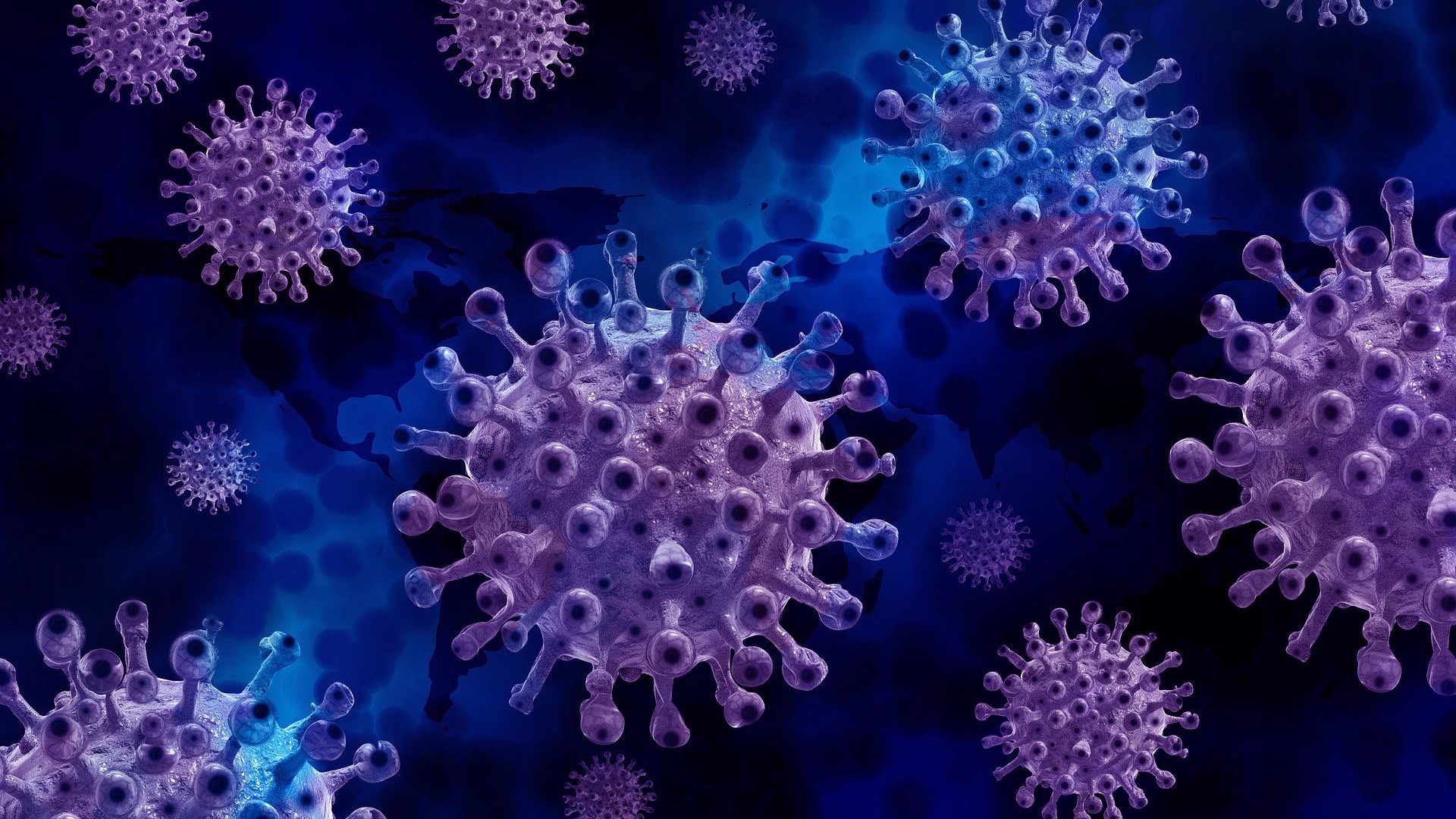New findings about people’s immune response to Covid
The most recent study from COVIDsortium – a collaborative partnership between researchers at Imperial College London, the Faculty of Medicine and Dentistry at Queen Mary University of London, University College London, Barts Health NHS Trust, Royal Free London NHS Trust and UK Health Security Agency, Porton Down – has been peer-reviewed in the prestigious international journal, Science.
The study, which strongly resonates with the emerging Omicron variant, shows that the first Covid spike protein a person encounters, be it by vaccination or infection, shapes their subsequent immune response against current and future variants. This means that it imparts different properties that have an impact on the immune system’s ability to protect against variants, and also affects the rate of decay of protection.
It is now well known that antibody levels wane over time following infection or vaccination, but the new research shows that an individual’s protective immune responses are also affected by which strain or combination of strains they have been exposed to.
23 months into the pandemic, people across the world have very different patterns of immunity to the virus, based on their exposure. Globally, people have been exposed to the original strain and/or Alpha, Beta, Gamma, Delta variants and now Omicron. In addition, people may be unvaccinated or have had one to three vaccine doses (which are programmed using the spike of the original strain).





